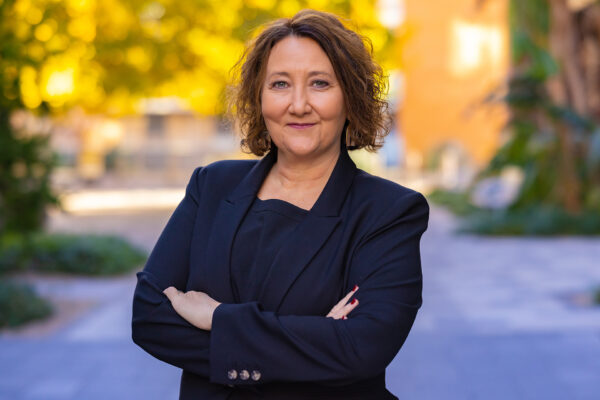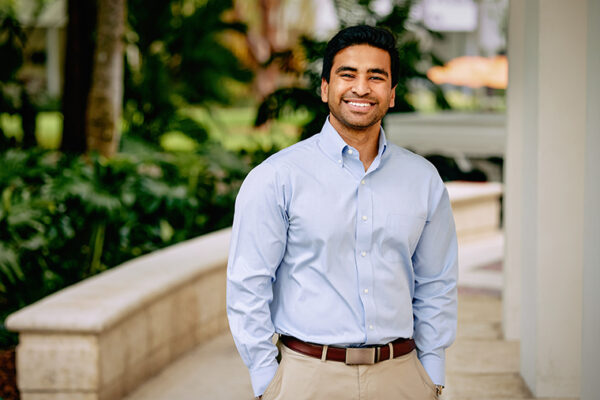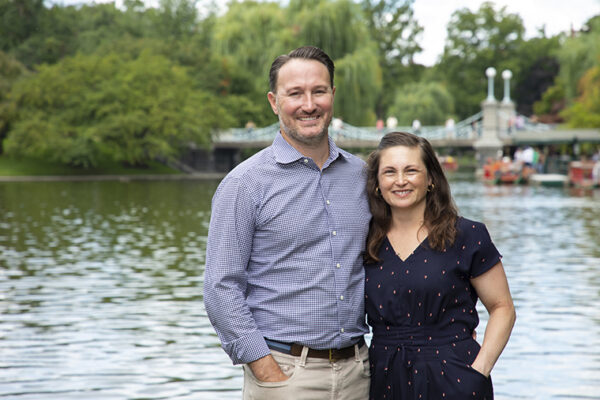At the end of an independent study course at Washington University in St. Louis, Tej Seelamsetty, AB ’19, had a eureka moment.
Under the tutelage of Ron Cytron, professor of computer science and engineering in the McKelvey School of Engineering, Seelamsetty started the semester aggregating and analyzing real estate data for investment purposes — a tedious and time-consuming process.
Seeing an opportunity, Seelamsetty created an automated method to harvest and analyze the data. Though the project was comparatively modest, the hands-on experience in building a tool that could save hundreds of hours of labor immediately set him to thinking bigger. “I knew I wanted to spend my life building companies and products that could have an impact,” Seelamsetty says. “I give Ron a lot of that credit. He was an amazing mentor.”

Seelamsetty is the son of Indian immigrants from the Hyderabad area. His parents came to the United States for the reason so many do. “They simply wanted to provide better opportunities for their children,” Seelamsetty says. A relative had preceded his family to the U.S. and was living in New Jersey, so they took up residence nearby.
An early adopter of technology — not surprising in a household where both parents were trained scientists — by age 11, Seelamsetty was programming Lego NXT robots to clunk around the house, and he later excelled at the STEM high school he attended.
While still in middle school, Seelamsetty took an airline flight by himself for the first time to visit his brother Sunil, a business student at WashU who was working as an RA at a summer program on campus. “It was an adventure,” Seelamsetty recalls. “I thought, ‘Wow, what a beautiful, amazing campus.’ The professors I met were great, and I loved the experience.” As a result, WashU was a bright spot on his radar early on, and when the time came, his choice of college was an easy one.
At WashU, Seelamsetty divided his time between the McKelvey School of Engineering and Olin Business School. In the end, he graduated with a double major, computer science and financial engineering, an interdisciplinary field that applies quantitative methods to finance and investing.
After graduating, Seelamsetty spent two years at the global consulting firm Bain & Company. It was a fast-paced environment, and his learning curve was steep, but he thrived. While there, Dan Petkevich, who was founding a Medicare brokerage startup called Fair Square, contacted Seelamsetty to sound out his interest in joining his team. Seelamsetty had caught Petkevich’s eye precisely because of his dual expertise in business and technology. “I had never considered working in Medicare before. It was a totally new industry,” Seelamsetty says. “I wanted a role that would have some ownership of the strategy and the operation of the company, and also that the company’s mission would impact people deeply and be something that matters.”
“I wanted a role that would have some ownership of the strategy and the operation of the company, and also that the company’s mission would impact people deeply and be something that matters.”
Tej Seelamsetty
Medicare is a massive industry. The U.S. government alone spent $900 billion on Medicare in 2021, and Medicare has 65 million enrollees. Despite its popularity — 94% of those covered are satisfied with their quality of care — the enrollment process can be byzantine, and new enrollees must navigate the pros and cons of traditional Medicare (A and B); Medicare Advantage, which adds private PPOs and HMOs to the mix; as well as drug plans and Medicare Supplement insurance to help cover costs.
Brokerages are intended to help Medicare enrollees find optimal plans, but a report by Sen. Elizabeth Warren in March points out perverse incentives for brokers, who can receive higher commissions and fancy perks like vacations by directing applicants to particular plans. Fair Square’s business model is to shield the brokers conducting enrollments from these disjointed incentives and instead profit through customer satisfaction and retention, using advanced technological tools to sort through vast amounts of data and options.
As Seelamsetty was mulling over the offer, he asked his father if he was on Medicare yet, and if he was on a particular plan. The answer surprised him. “He told me he was on a United HealthCare plan, but he didn’t even know which one. He said someone mailed him something, he called them, and they told him what to plan to pick,” he recalls. “My dad is a smart guy, but this is an esoteric field, and people take advantage of that.”
Seelamsetty was convinced, and Petkevich appointed him head of growth at the new startup, which opened its doors in 2021. He was employee No. 3.
Seelamsetty’s charge is to chart the course for the company’s expansion, but as it is a small firm, he uses his combination of talents to help colleagues solve problems on a regular basis. “I run marketing campaigns and experiments. Anything like that is my domain,” Seelamsetty says. “I’ve also been the chief generalist, doing everything from operations to product testing. I love how nimble the team is, and it’s exciting work.”



